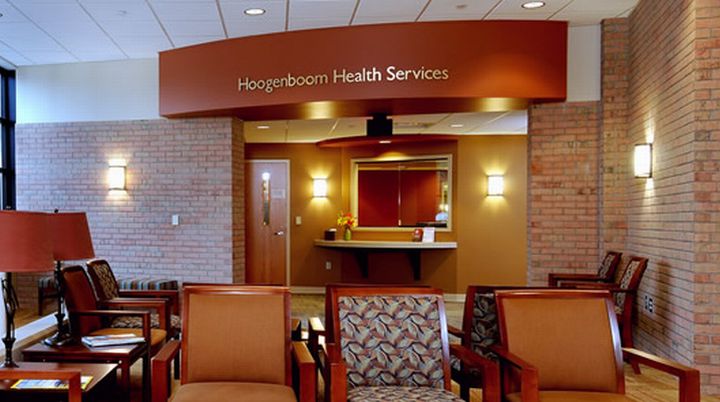Calvin health services offers women’s health as part of primary care
Calvin Health Services offers a full range of birth control services for female students, as part of their mission to provide comprehensive primary care to students.
Dr. Laura Champion, medical and administrative director of Calvin health services, said that she does not want to minimize the rules in the student conduct code which state: “Calvin College holds that premarital intercourse and casual sexual relationships are in conflict with biblical teaching.”
However, Champion stated that her priority was to make sure that Health Services gives evidence-based care to all students who come to the building. When students come to the office, located in the Hoogenboom Building, asking for contraception, medical personnel will sit with them for an hour long counseling session, discussing various birth control options. The session is similar to what one would receive in any other primary care office. According to Champion, the office uses “shared decision making,” comparing the benefits and risks of various options when more than one is available.
The clinic keeps various birth control medications stocked. Health Services does not provide condoms as they do not require a prescription. The clinic also provides sexually transmitted disease testing as well as pap smears. The policy of providing birth control for students is not new and has been in place as long as Champion has been there.
According to Champion, privacy is a right for students looking for any kind of medical treatment, and parents are only notified if their insurance is billed because of Michigan state law. Health Services tries to create a safe space where students can speak about their medical needs honestly. To insure privacy, their electronic medical record system operates completely separate from Calvin’s main server.
Champion repeatedly stressed that women’s health is only a small part of what health services offers students and fits within a larger framework of student care.
“We want students to be agents of renewal,” she said. “That can only happen if they are healthy and educated.”
According to Champion, 72 percent of the students who received care at Health Services would have suffered academically had not they not received it. Calvin Health Services consistently ranks in the top 25 of Princeton Review’s list of best college clinics, a remarkable fact for a “small clinic at a small Christian school in a small city.” Champion says that other college and university clinics contact her, asking for advice in improving their health services.
In October 2017, the Council for Christian Colleges and Universities (CCCU) issued a statement that praised the Trump administration’s extension of religious exemption of birth control to the Affordable Care Act’s birth control mandate. Although Calvin is a member institution of the CCCU, Calvin’s health insurance plans provide for all forms of contraceptives for faculty and staff.








